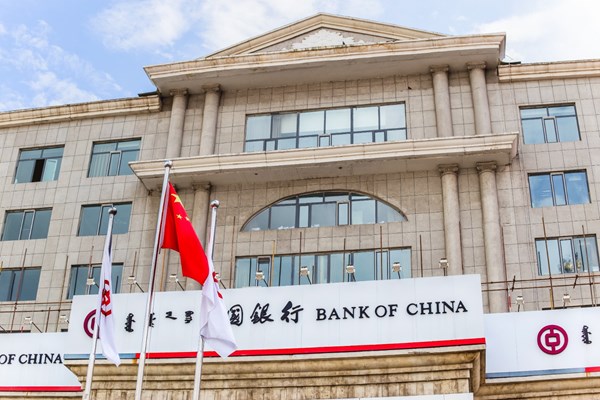China's new export controls disrupt trade with Russia: Russian industry faces delays and rising costs
Starting on July 1, China has implemented export controls on a broad range of products that could be used in military industries and dual-use goods, according to The Moscow Times. This decision was made by the Ministry of Commerce of the People's Republic of China on May 30.
The new list includes equipment, software, technology, parts, components, and engines for aviation and space exploration; everything necessary for the production of gas turbines; some equipment and software for the foundry and metallurgical industries; and any design and technological documentation for these sectors. Exporting these products now requires permission from the Ministry of Commerce or a dual-use goods export license.
These new requirements apply to all exporters and have already complicated the delivery of industrial equipment and machinery to Russia, according to Russian importers who have reported difficulties stemming from these changes.
"The first noticeable impact on almost all deliveries to Russia will be delays. Now, many more shipments will be inspected by customs officials," noted an importer of industrial equipment. Previously, only "about one in 50 containers" were inspected; this week, all containers were examined, despite not containing any controlled items. More inspections mean more documents and paperwork for customs officials, leading to longer processing times, concurs another importer who supplies metal products to Russia. All these delays and additional costs are expected to raise the cost of shipping and product prices.
Moreover, these inspections threaten gray and black-market supply chains—where one product is declared as another, like aircraft parts being labeled as plastic basins or not declaring part of the cargo, as noted by a source from The Moscow Times. "Let's be honest—right now, a huge volume of imports enters Russia through illicit routes, and if these schemes collapse, we will lose a lot or end up paying more."
